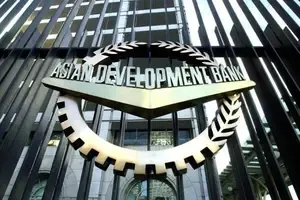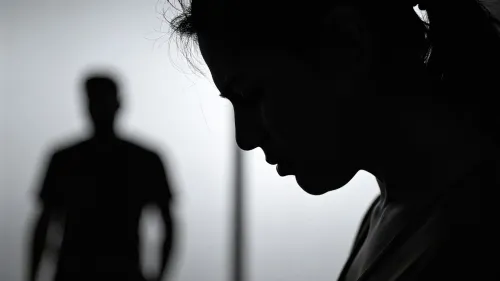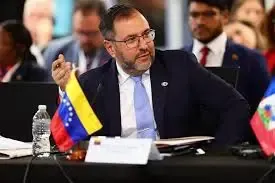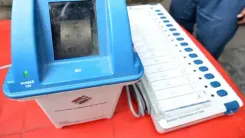Should Those Involved in Martial Law Be Judged Properly?
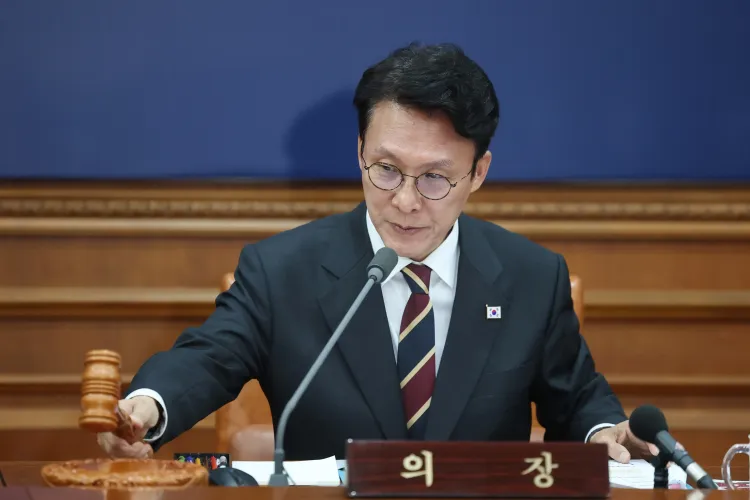
Synopsis
Key Takeaways
- Prime Minister Kim Min-seok stresses the need for accountability regarding the martial law.
- There are concerns about the judiciary's slow response to the situation.
- Public sentiment is demanding swift action to uphold democratic values.
- Judicial proceedings are ongoing, with implications for those involved.
- The call for action reflects the importance of maintaining public trust in the legal system.
Seoul, Nov 25 (NationPress) South Korean Prime Minister Kim Min-seok emphasized on Tuesday the necessity for a thorough evaluation of individuals associated with the brief martial law declaration by former President Yoon Suk Yeol. He expressed that there are growing concerns regarding the sluggish pace of the judicial process.
During a Cabinet meeting held just ahead of the upcoming one-year anniversary of Yoon's unexpected martial law declaration on December 3, as reported by Yonhap news agency, Kim urged, "It is crucial to remember the people's demand for a swift and decisive response to the insurrection and to strive for growth and advancement." He characterized the martial law attempt as an insurrection.
He stated, "There must be no compromise or delays in addressing and rectifying this insurrection," highlighting the public's unease about the perceived slow or misdirected judicial proceedings concerning those implicated.
"We must uphold the will of the people. The executive branch will fulfill its duties to contribute accordingly," he added.
Kim's remarks likely referred to recent judicial decisions where courts have denied arrest warrants for suspects linked to Yoon's martial law enforcement, as well as instances of individuals refusing to testify before investigators or judges.
Earlier in November, a South Korean court rejected a petition from former National Intelligence Service (NIS) Director Cho Tae-yong regarding his arrest, keeping him detained due to alleged involvement in Yoon's martial law imposition.
The Seoul Central District Court made this ruling after conducting a hearing on the legality of Cho's arrest the day before.
The former spy chief had filed the petition following his detention on charges including NIS law violations, dereliction of duty, perjury, destruction of evidence, fabrication of official documents, and providing false testimony before parliament, all linked to the December 3 martial law declaration.

